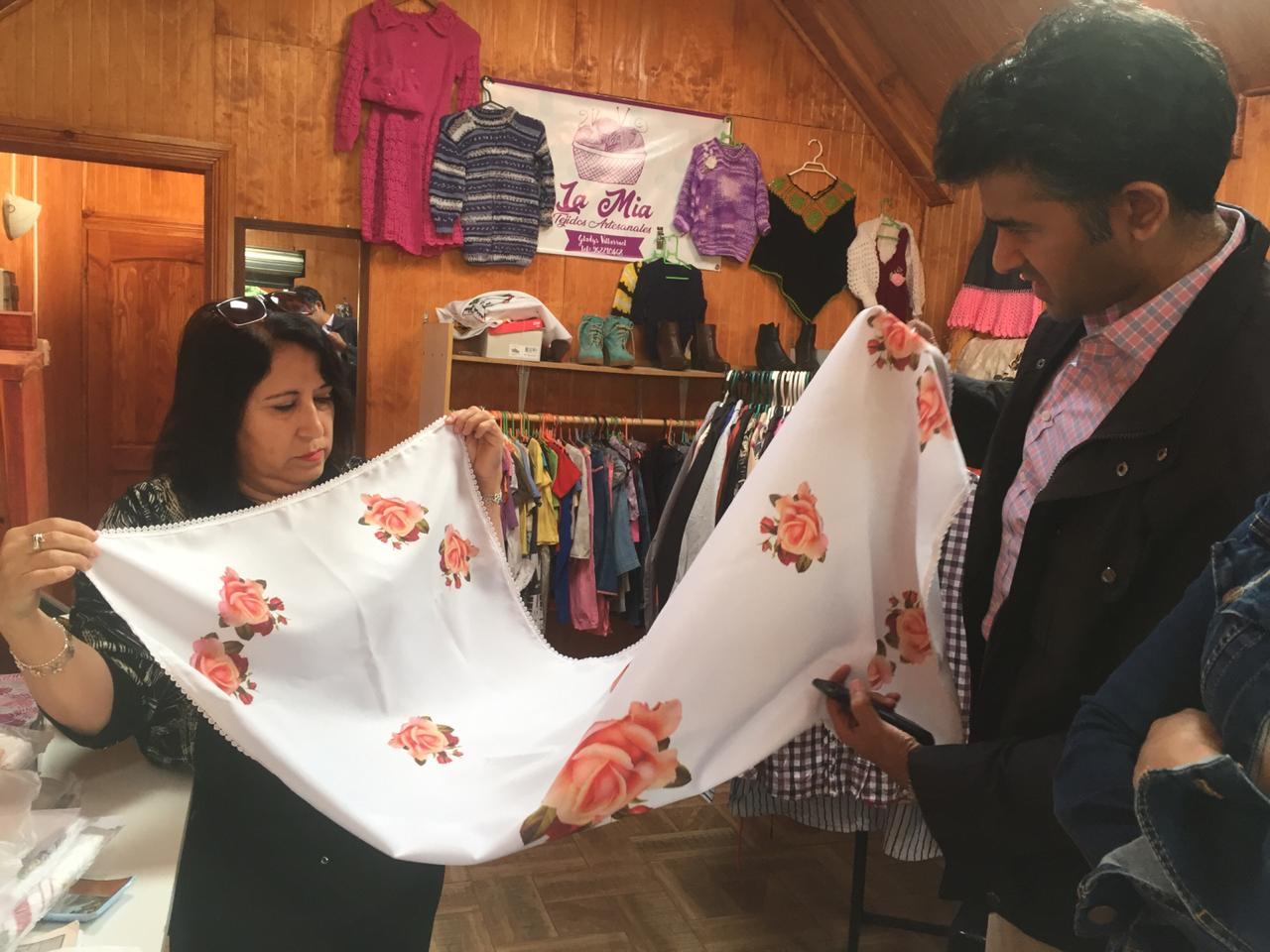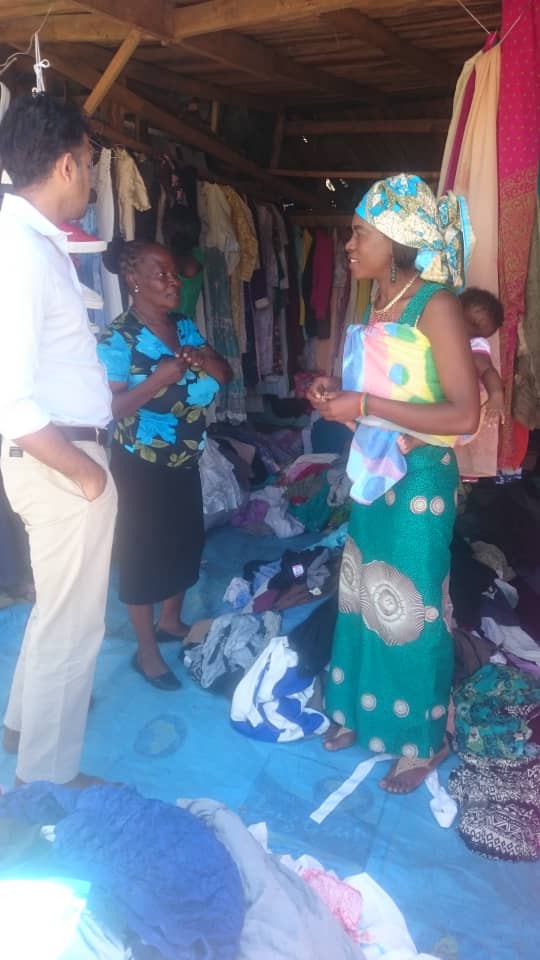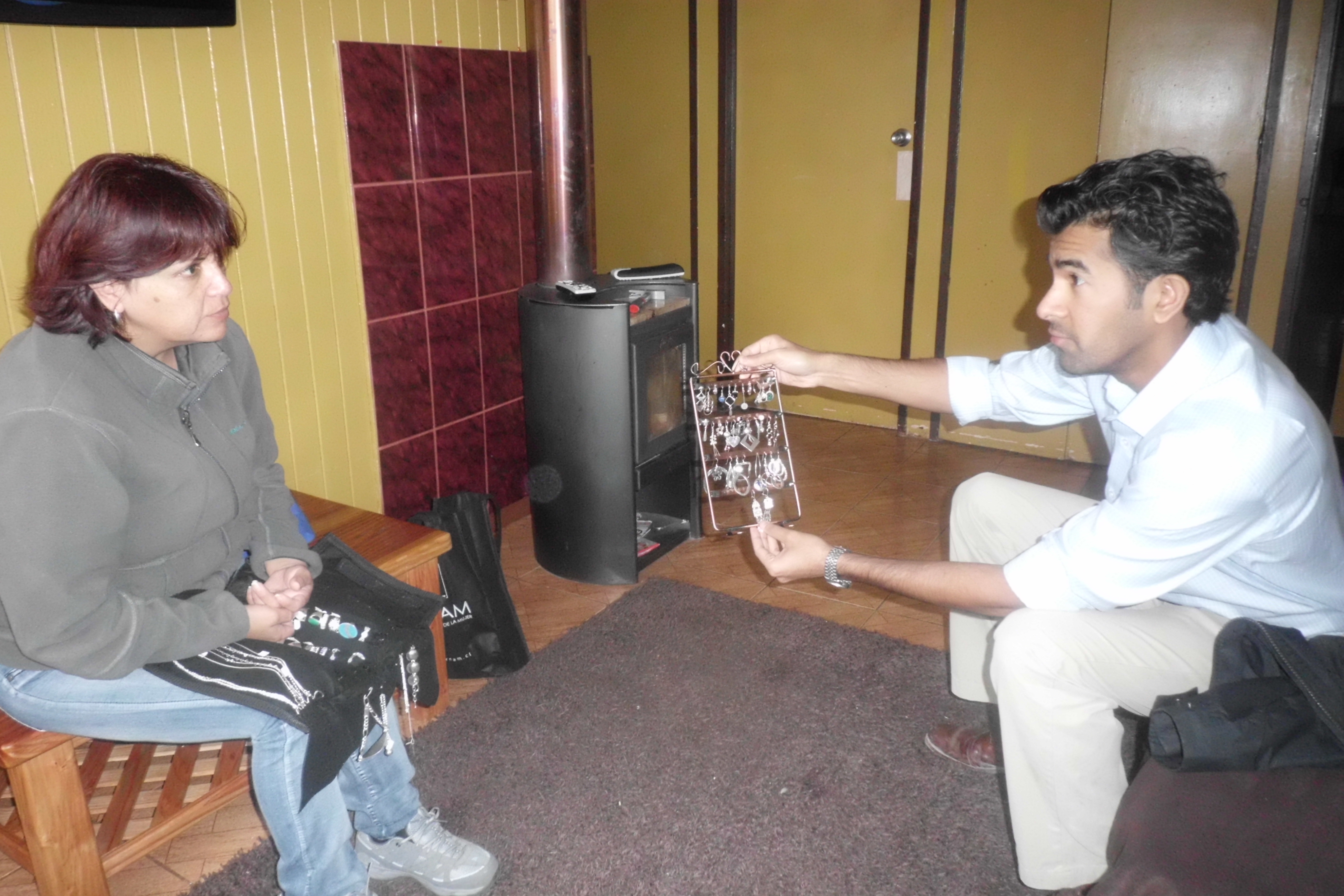When Shyam K. Iyer first began SKI Charities, there was no question that microfinance would be the best method for him to execute his vision. Though the effectiveness of microfinance has been questioned since its rise to prominence in the early 2000s, Shyam stands by it as a powerful way to provide people with autonomy, responsibility and confidence.
We got Shyam’s take on why microfinance has been an ideal choice for SKI Charities:
A lot of sources question how sustainable microfinance is for beneficiaries who graduate. What happens when a woman graduates and is on her own?
For SKI Charities, the goal of sustainability is the most important factor in the entire program. We want to be in the countries that we’re in for many, many years. Sustainability means a lot. When women are participating in our programs, they’re learning skills; they’re also becoming more confident, becoming more independent. And that plays right into being on their own when they have graduated the program. The sustainability comes not just from the wealth they’ve accrued as participants but also in the strength that they have, their ability to stand on their own, to take risks, to work for their family knowing that they’ve succeeded before and now they’ve been set up to succeed on their own.
It seems like these women have picked up skills that aren’t just related to how to sustain a business. They’ve picked up skills like self-confidence and responsibility. How do you teach these kinds of intangible things at SKI Charities and how integral is that to your program?
It’s hard to teach. We have people teaching business skills, bookkeeping skills, but how do you teach someone to be strong and independent? That is best taught through experience. So, we set them up to have their own businesses, to take responsibility for their actions and their money and through their participation in their own business, in entrepreneurship, they’re able to develop that strength on their own. Developing it on their own is so precious to them and makes it sustainable. Because they did it on their own, they believe in it. It’s not what someone told them to be, it’s what they are.
What about when there’s some sort of emergency and they can’t keep up with the program?
Where we operate, public health is an issue. Many of these people are so poor they can’t go to a hospital, they can’t go take care of themselves, they need to make the money first. It is a real challenge for them. We’re hoping that our participants will have enough time in the program to start creating a bit of wealth for themselves and their families and working with people around them who can support them if they are sick. And thinking more long-term, they have people working for them, they have vendors relying on them, so if at any point they drop out or have difficulties keeping with the program, they will have others who have benefited from their participation and who will hopefully support them and get them back on their feet.
Another concern is accountability. Without collateral, how do you trust participants to operate honestly in these otherwise poorly-regulated markets?
This is the real risk of microfinance for the people on our side. Of course our participants cannot provide collateral or any type of requirement that a regular bank would need. But the reason we’re in these locations is that we feel we can push through that based on the reputations of these small communities, based on their knowledge of the local market. We believe that by trusting people who have been properly vetted by our staff, that trust is something they’re going to want to repay us as well. So they’re going to want to make sure they do the job they set out to do. When you trust in somebody, when you show that you believe in them, more often than not they will return that favor to you.
And there’s the lengthy process that beneficiaries go through. We’re also interviewing their families and determining who would reap the biggest benefits. When you invest that much time and energy into one individual, it’s way harder for them to betray your trust.
That’s a great point. Our staff does a really great job. They’re on the ground every day looking after the participants. And our staff is part of the community as well so our beneficiaries don’t want to let them down. They want to work together, they want to succeed together. So there’s a lot of emotional connection that helps us when operating in the micro bank.
And if you were larger scale it would be harder to monitor people’s progress. It’d be harder to monitor participant responsibility and sustainability.
I agree with that. We do want to grow and become larger scale. We’re hoping that our community anchors and adding more like-minded staff will help us manage that risk as well.
When you were first starting, did microfinance feel like the most logical path to execute your vision?
Yes, microfinance was exactly the way we thought we could empower the economically excluded in as short a time frame as possible. We want people to feel like they’re part of a broader economic system. We want people to feel like equals, like they are empowered to take control of their own lives. And the best way we feel to do that is through microfinance. Provide them with capital, treat them as if they’re coming to a regular bank. Believe in their plans to be entrepreneurs, to have their own businesses and to take control of their own lives. There’s a lot of other great ways to assist people. SKI Charities works on scholarships and we work to support people in a number of different ways. But microfinance was always our first choice because of how much faith we have in the people and their own talent.




